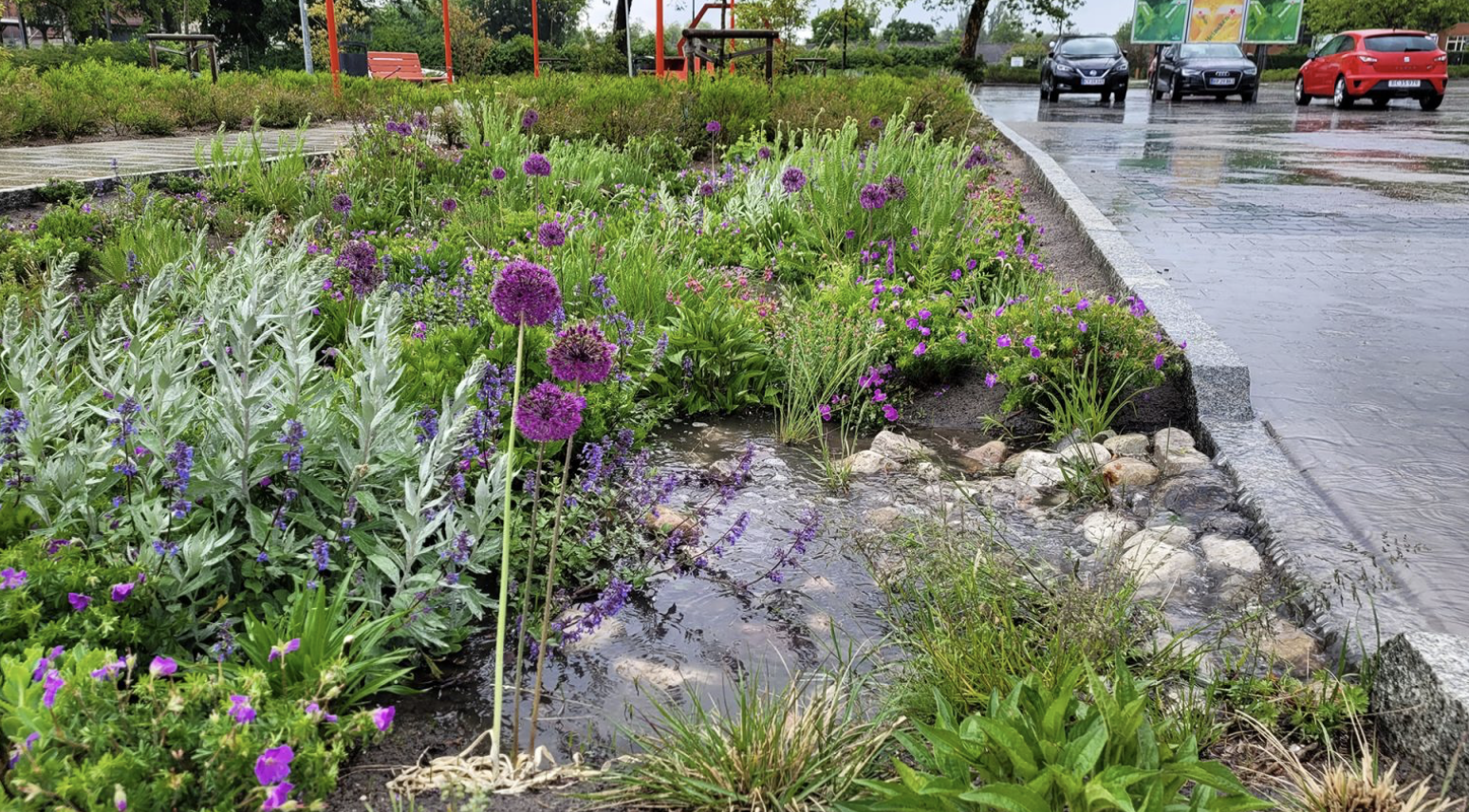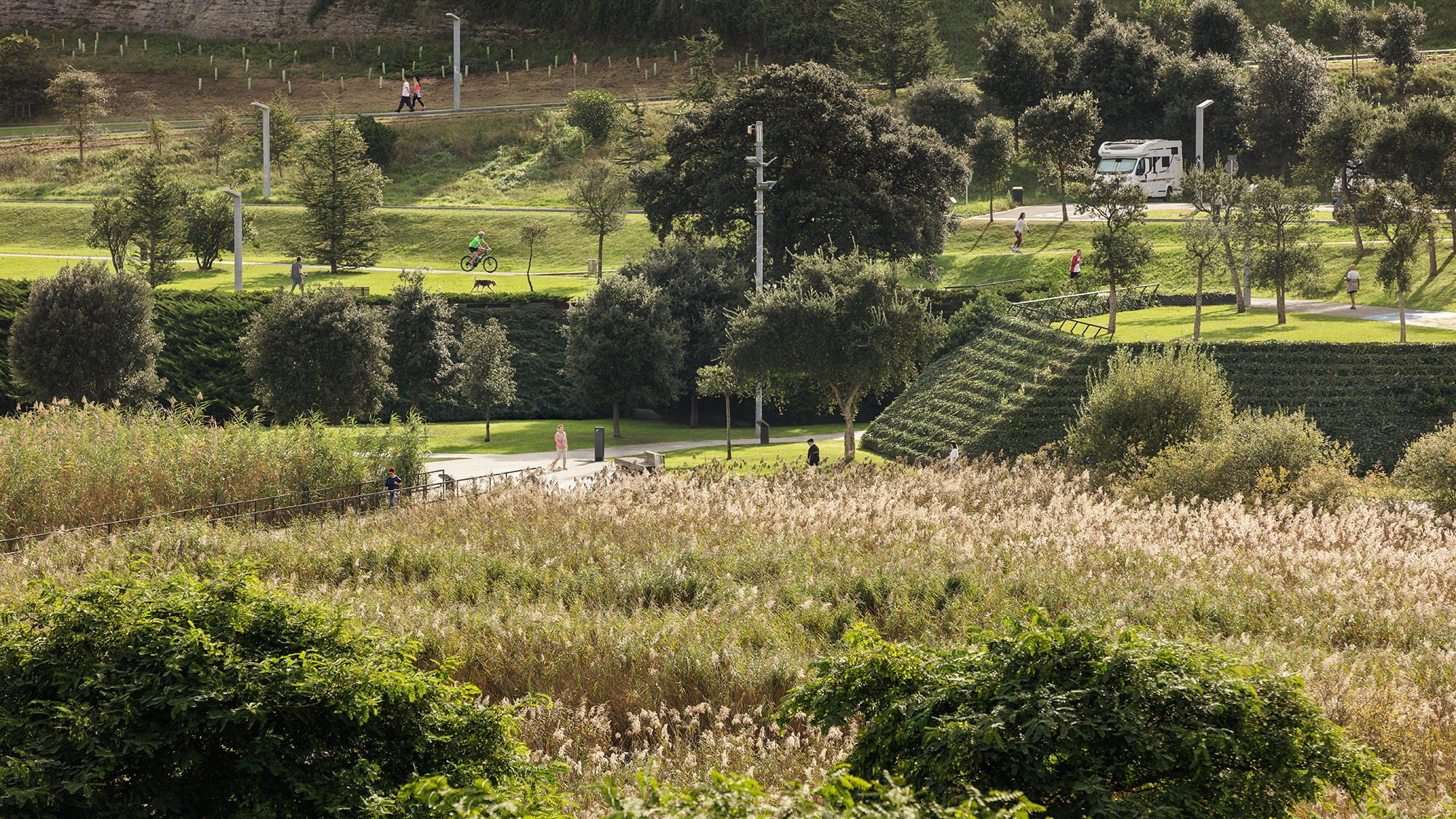
D4RUNOFF project launches
The EU-funded project D4RUNOFF officially launched on 1 September 2022. The kickoff meeting, gathering all 12 partners of the consortium, was held on 29 September 2022 in Odense, Denmark.
During two days, partners met and exchanged on the work to be carried out during the three-year project.
Polluted urban water runoff has been identified as a significant threat to public health and biodiversity. Changing weather cycles mean increased rainfall in many areas that aren’t equipped for unseasonal and high-density rainfall. This leads to overworked and inefficient wastewater systems, allowing pollutants and contaminants to infiltrate the surrounding environment. In Europe, 72% of the population live in urban areas so the health implications here are substantial.
To ensure that we are safeguarding our water systems, it is important to have a collaborative system and tool, co-designed by end-users and experts alike. The D4RUNOFF project aims to tackle this challenge by developing an AI-assisted platform to facilitate the development of effective urban runoff and storm water management plans to prevent further pollution from water runoff.
By investigating and assessing pollutants before they make their way into our natural environment, this project will provide the knowledge required by decision makers to develop policies that mitigate the environmental and health impacts of polluted water runoff.
This will involve developing innovative methods to screen and characterise various water pollutants (e.g; heavy metals, microbiomes and newly identified contaminants), creating an inventory for further research. Once identified, novel sensors will be used to remote measure new pollutants and contaminanats of emerging concern (CECs).
Once a framework of analysis is defined, the data will be utilised to co-develop an AI-assisted platform to enable the management of urban runoff and the design of efficient mitigation measures. This platform will be co-designed with policy-makers, researchers, urban developers and other end users.
Finally, the project will engage with the general public, especially university students and young children, through gamification workshops, Lego Serious Play and a card game as a way to raise awareness about the impacts of human action on water pollution.
D4RUNOFF will assess the methodologies, costs, effectiveness, benefits and policy viability of hybrid nature based solutions to provide a framework of scalability and .
The implementation and validity of the project’s approach will be demonstrated in three case studies, across five replication sites in Denmark, Spain and Italy. The results will then be theoretically replicated in additional sites in Italy, Spain, Czech Republic, Poland and Egypt.
By the end of this project, D4RUNOFF will have provided an AI system to support water utilities, urban planners and policy makers in making informed, cost-effective, environmental and public health focussed decisions that enhance the quality of water finally discharged into water bodies.
About D4RUNOFF
D4RUNOFF – Data driven implementation of hybrid nature based solutions For preventing and managing diffuse pollution from urban water Runoff – officially started on 1 September 2022 and is a € 3.33 million project that will last for three years. The project is funded by the European Commission under the Horizon Europe programme with Grant Agreement number 101060638.
The consortium involves 13 organisations from Denmark, Spain, Portugal, France and Italy with experts and interdisciplinary scientists in waste water management, urban planning and development, environmental science, aritifical intelligence and data collection methodologies.
Project Coordinator:
Uffe Linneberg Gangelhof,
VandCenter Syd (Denmark)


